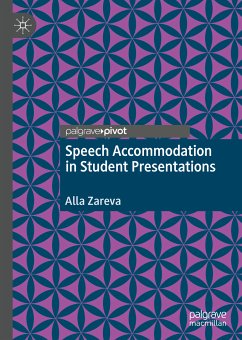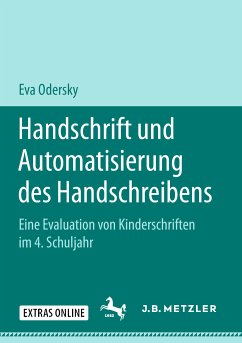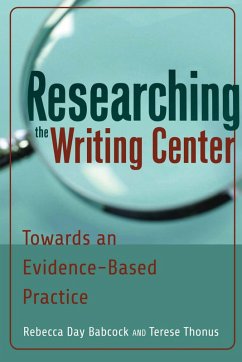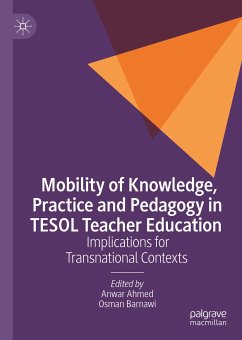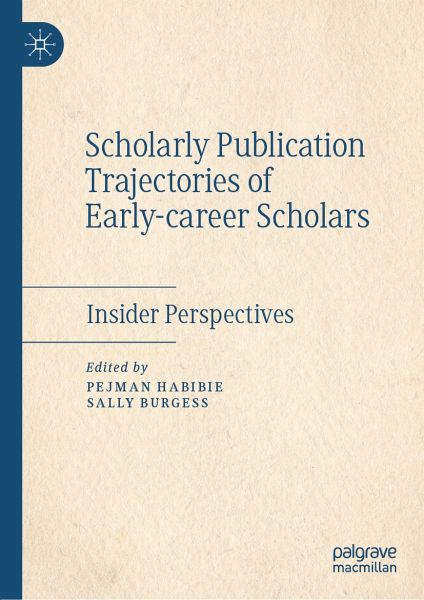
Scholarly Publication Trajectories of Early-career Scholars (eBook, PDF)
Insider Perspectives
Redaktion: Habibie, Pejman; Burgess, Sally
Versandkostenfrei!
Sofort per Download lieferbar
72,95 €
inkl. MwSt.
Weitere Ausgaben:

PAYBACK Punkte
36 °P sammeln!
This edited book addresses the complex topic of writing for scholarly publication by early-career scholars. Drawing on self-study and auto-ethnographic perspectives, a group of international early-career researchers share their personal histories, narratives and first-hand accounts of their scholarly publication practices. The book helps paint a richer and more nuanced picture of the experiences, success stories, failures, and challenges that frame and shape academic trajectories of both Anglophone and English as an additional language (EAL) scholars in writing for publication. This book will ...
This edited book addresses the complex topic of writing for scholarly publication by early-career scholars. Drawing on self-study and auto-ethnographic perspectives, a group of international early-career researchers share their personal histories, narratives and first-hand accounts of their scholarly publication practices. The book helps paint a richer and more nuanced picture of the experiences, success stories, failures, and challenges that frame and shape academic trajectories of both Anglophone and English as an additional language (EAL) scholars in writing for publication. This book will be of particular interest to scholars of Applied Linguistics, English for academic purposes (EAP), and second language writing, but it will also be of use to other early-career scholars embarking on their first attempts at writing for publication.
Dieser Download kann aus rechtlichen Gründen nur mit Rechnungsadresse in A, B, BG, CY, CZ, D, DK, EW, E, FIN, F, GR, HR, H, IRL, I, LT, L, LR, M, NL, PL, P, R, S, SLO, SK ausgeliefert werden.



